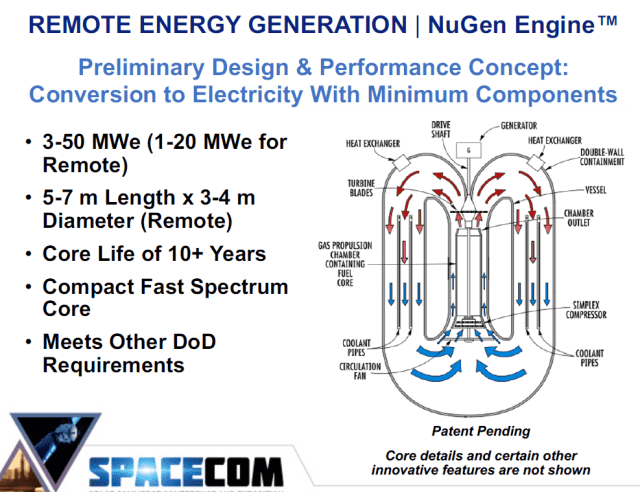The concept of nuclear plants to be gigantic, eliminating myriads of pollution and creating visual ugliness in the sites is now getting changed by more focus on better plant designs and functions. Focus is being made on cleaner and better solutions to produce nuclear energy. One of such methods is the concept of micro-nuclear plants. They are also called microreactors these days.
One of the companies with dominant dedicated efforts towards the formation of microreactors is the Oklo company. It is a startup that comprises 22 people and is based in the Silicon Valley. Their main proposed project is to build microreactors for nuclear energy that are powered by the nuclear wastes produced by these plants. Moreover, the design of the reactors are also well-thought-out to be A-shaped buildings that appeal to the aesthetics.

TerraPower is a company owned by Bill Gates which is also focusing on building microreactors. However, Oklo’s plan is expected to surpass the efficiency and performance of TerraPower as Oklo claims that their reactor will have the capacity of 1.5 megawatts of electrical energy while TerraPower has the capacity of 345 MWe. Hence, Oklo’s project is a true microreactor.

Since these microreactors take far fewer days to be built when compared to the conventional nuclear plants, Oklo is expecting to pitch their technological innovation commercially and make microreactors common and widespread. For example, it aims to build these for vast college campuses, industrial estates, and utility companies. This will broaden the customer base of the company and ensure more profits. Moreover, the idea of using nuclear energy in everyday industries will encourage other sectors to shift to cleaner nuclear energy which is created its own harmful pollutant effluents. As promising as the project seems to be, there are a few obstructions like security concerns for maintaining such a sensitive plant and the regulatory restrictions in the areas. If they are overcome, microreactors will be the future.


